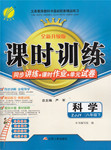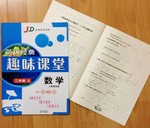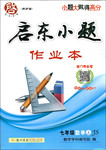|
完型填空:
Mr.Jones woke early one morning, before the sun had risen, it was a beautiful morning, 1 he went to the window and looked out.He was surprised to see 2 middle-aged professor, who walked in the university just up the road from Mr.Jones’s house, 3 the direction of the town.He had grey hair and thick glasses, and was carrying an umbrella, a morning newspaper and a bag.Mr.Jones thought that he must have 4 by the night train, and decided to walk to the university instead of taking a taxi.
Mr.Jones had a big tree in his garden, and the children had 5 a long rope to one of the branches so that they could swing on it.
Mr.Jones was 6 to see the professor 7 when he saw the rope, and looked 8 up and down the road.When he saw that there was nobody in sight, he 9 into the garden, put his umbrella, newspaper, bag and hat on the grass and 10 the rope.He 11 it hard to see whether it was strong enough to 12 his weight, then ran as fast as he could and swung into the 13 on the end of the rope, his grey hair 14 all around his face.Backwards and forwards he swung, 15 taking a few more 16 steps on the grass when the rope began to swing 17 slowly for him.
At last the professor stopped, 18 his tie, combed his hair carefully, put on his hat, picked up his umbrella, newspaper and bag, and 19 his way to the university, looking as 20 and correct and respectable as one would expect a professor to be.
|

 课时训练江苏人民出版社系列答案
课时训练江苏人民出版社系列答案 黄冈经典趣味课堂系列答案
黄冈经典趣味课堂系列答案 启东小题作业本系列答案
启东小题作业本系列答案